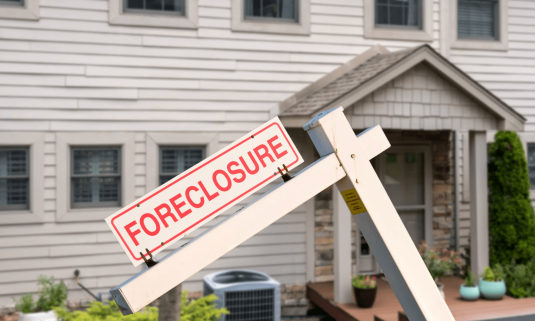What are the average US home values entering spring 2024?
According to Zillow, “the value of a typical home in the US is $349,216 – up 40.8% compared to pre-pandemic. The typical monthly mortgage payment, assuming 20% down, is $1,809.” Here are other real estate statistics from Zillow that home sellers and buyers should consider:
- Home values climbed month-over-month in 45 of the 50 largest metro areas in February.
- In two major metropolitan areas, Birmingham and New Orleans, property values experienced a marginal monthly decrease of 0.1%. San Antonio, Pittsburgh and Buffalo held stable from January to February.
- Home values are up in 47 of the 50 largest metro areas from a year ago. Year-over-year price increases are most significant in Hartford (12.5%), San Diego (10.8%), San Jose (8.8%), Boston (8.8%) and Providence (8.4%).
But what may challenge sellers in this market is mortgage payments that buyers now face. According to Zillow, “The typical mortgage payment is up 9.4% from last year and has more than doubled over the course of the pandemic, rising by 106.4%.”
Increasing Opportunities and Challenges for Spring Buyers and Sellers
Recent housing market shifts have led to more homeowners entering the spring 2024 market. In February, there was a 21% jump in listings compared to last year, indicating increased seller activity. That gives renters ready to be buyers more options and many may move into the market. Also, buyers over 50 are now the nation’s largest group of buyers. Declining mortgage rates have stimulated purchase applications, demonstrating buyer responsiveness. HUD reports a slight rise in new home sales in January as well.
While these changes provide sellers more potential buyers, they must also navigate a crowded field. Inventory gains have introduced heightened competition. Sellers need strategic pricing that attracts without leaving money on the table. Regional price variations further complicate the landscape. Buyers can expect a more stable market but should prepare for continued competition for available homes.
Sellers remain optimistic. The Fannie Mae Home Purchase Sentiment Index (HPSI) shows growing confidence, with 65% believing it a good time to sell. Sellers can expect offers, but affordability pressures mean highlighting value propositions.
Inventory accumulation may signal stabilizing supply and demand balances. However, new construction contributes to significant regional inventory differences that impact local market dynamics. Both sellers and buyers must consider hyperlocal forces.
Evolving buyer preferences are also shaping real estate market conditions, with affordability and value rising in importance for most buyers. Sellers must use innovative marketing strategies to distinguish their homes among selective buyers. Professional listing materials that highlight a home's distinctive qualities can help attract buyers confronting tighter budgets. Sellers should negotiate flexibly given financial pressures some buyers face. Buyers should position themselves well to sellers by coming to them with strong financing and ready to make transactions more quickly.
Overall, the spring season presents both fresh opportunities and distinct challenges for those entering the market. By understanding shifting landscapes and developing practical strategies with their real estate professional, sellers can get the best prices for their homes. Buyers can work with their real estate professionals to help them find a home that fits their financial profile and other needs.
Spring 2024 Market May Benefit Financially Distressed Sellers
For sellers facing financial distress who’ve put their homes on the market or are considering that, the current market offers both challenges and opportunities. There is no guarantee that homeowners in this position can sell their homes to prevent foreclosure. But, the increase in inventory and buyer interest provides potential avenues for sellers facing foreclosure to find buyers more quickly if they take this route. The slight increase in new home sales and inventory levels indicates a more active real estate market that could benefit sellers looking for quick sales.
However, navigating this process requires careful strategy and professional guidance from the right real estate agents, financial advisors or housing counselors. Sellers in this position should consider options like short sales, loan modifications or refinancing if they have the right credit score or other foreclosure prevention measures. They must act decisively, leveraging the current market dynamics to avoid foreclosure and secure the best possible outcome for their financial future.
What’s happening in states BlueHub SUN services?
BlueHub SUN offers foreclosure prevention services and support to homeowners in 11 states across the United States. Like the rest of the country, market conditions and prices vary depending on the state. Below is Redfin’s latest data from January, providing an early look at where the spring selling market may be going. Across the country, home prices are up year-over-year.


